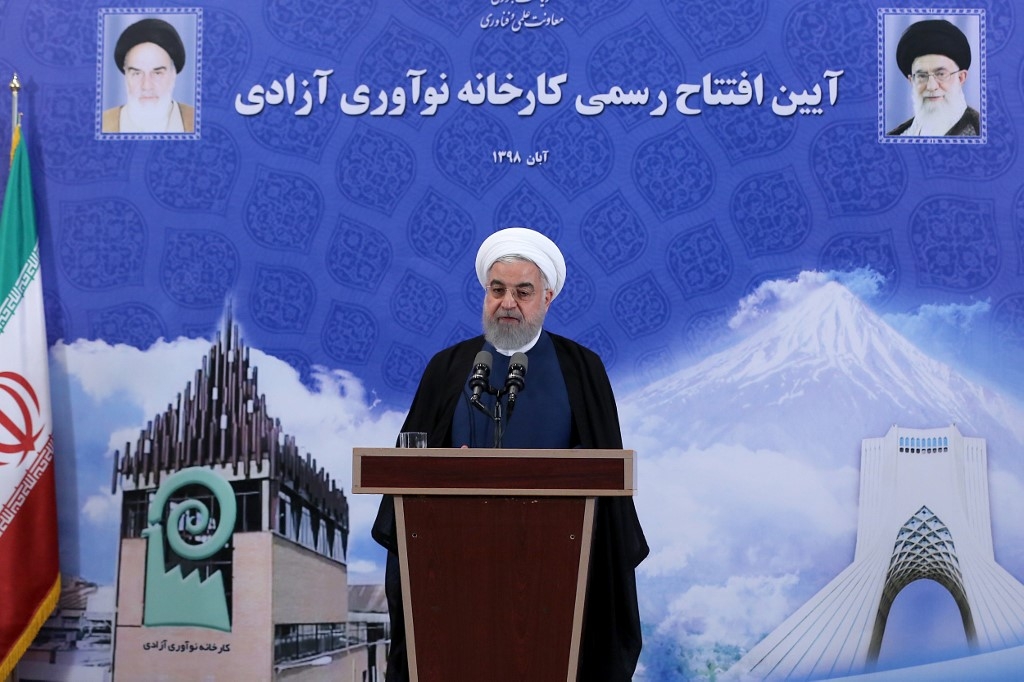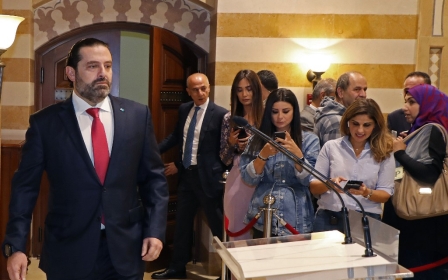Iranian press review: Iranians scramble for investment as currency plummets

Stock markets among 'safest investments' in Iran
With the US embargo on Iran precipitating an economic crisis in the oil-rich country, where the annual inflation rate has risen to 35.7 percent during the 12 months ending in October, Iranians from all walks of life are seeking a way to secure the value of their incomes and savings.
According to Hamshahri daily, during the past decade, when Iran has been struggling with rounds of sanctions, investment in the stock market has proved to be the most beneficial and safest way for Iranians to retain the value of their savings.
However, apart from a small group of businesspeople and investment offices, most Iranians are not familiar with the stock market.
Meanwhile, buying golden coins and foreign currencies has been one of the easiest ways for common Iranians to counter the daily devaluation of their currency. This method, however, has proved to have high risks, because of the sharp changes of the Iranian rial value compared to the US dollar.
New MEE newsletter: Jerusalem Dispatch
Sign up to get the latest insights and analysis on Israel-Palestine, alongside Turkey Unpacked and other MEE newsletters
One last traditional way of saving in Iran has been real estate investment. While the Iranian rial has lost about 60 percent of its value since US renewed sanctions on Iran in May 2018, the housing price in Iranian cities have tripled, the newspaper said.
Malaysia blocks Iranians’ bank accounts due to US sanctions
Malaysian banks have blocked the accounts of Iranian businesspeople and students living in Malaysia in compliance with the new US sanctions against Iran’s banking system, according to ISNA news agency.
Last week, Iranian foreign ministry spokesman Abbas Mousavi confirmed the news and was quoted by ISNA as saying: “Some Malaysian banks imposed limitations on Iranians as a result of US economic terrorism.”
About 10,000 Iranians, half of them students, live in Malaysia, and it is the first time banks in this country have frozen ordinary Iranian citizens' accounts.
CIMB and RHB are the two banks which last week warned their Iranian clients that their accounts would be closed in a month, according to Etemadonline.
Malaysia’s Prime Minister Mahatir Mohamad told reporters that his country was forced by “very powerful people” to “make it difficult” for Iranians to live in Malaysia.
Tehran and Kuala Lumpur have long-standing close economic and political ties. However, the new round of US sanctions on Iran has made it difficult for Malaysia to secure its economic connections with Iran.
Thousands of Iranian doctors not practising
An official from the Mashahd University of Medical Sciences has said about 40,000 Iranian doctors have never worked in the field of healthcare and that there is “no trace of them practising medicine” in the country, reported the Khorasan daily.
Professor Etezad Razavi told the daily that these physicians had finished a seven-year medical education at different universities, but have never requested a medical council code, which permits them to work as general practitioners or to continue their studies.
According to the daily, the annual cost of training one physician is 1bn Iranian rials ($9,000).
In response to a question about the fields in which these 40,000 physicians might be active, Razavi said that Iran’s health ministry has no information about it. “They might be working at governmental offices or fields other than healthcare,” he added.
Iran faces a serious shortage of doctors, and only 1.6 doctors on average are available for every 1,000 Iranians. According to officials, this number should be at least 2.5 physicians per 1,000 people to meet the country’s needs.
*The Iranian press review is a digest of reports that are not independently verified as accurate by Middle East Eye.
Middle East Eye delivers independent and unrivalled coverage and analysis of the Middle East, North Africa and beyond. To learn more about republishing this content and the associated fees, please fill out this form. More about MEE can be found here.




